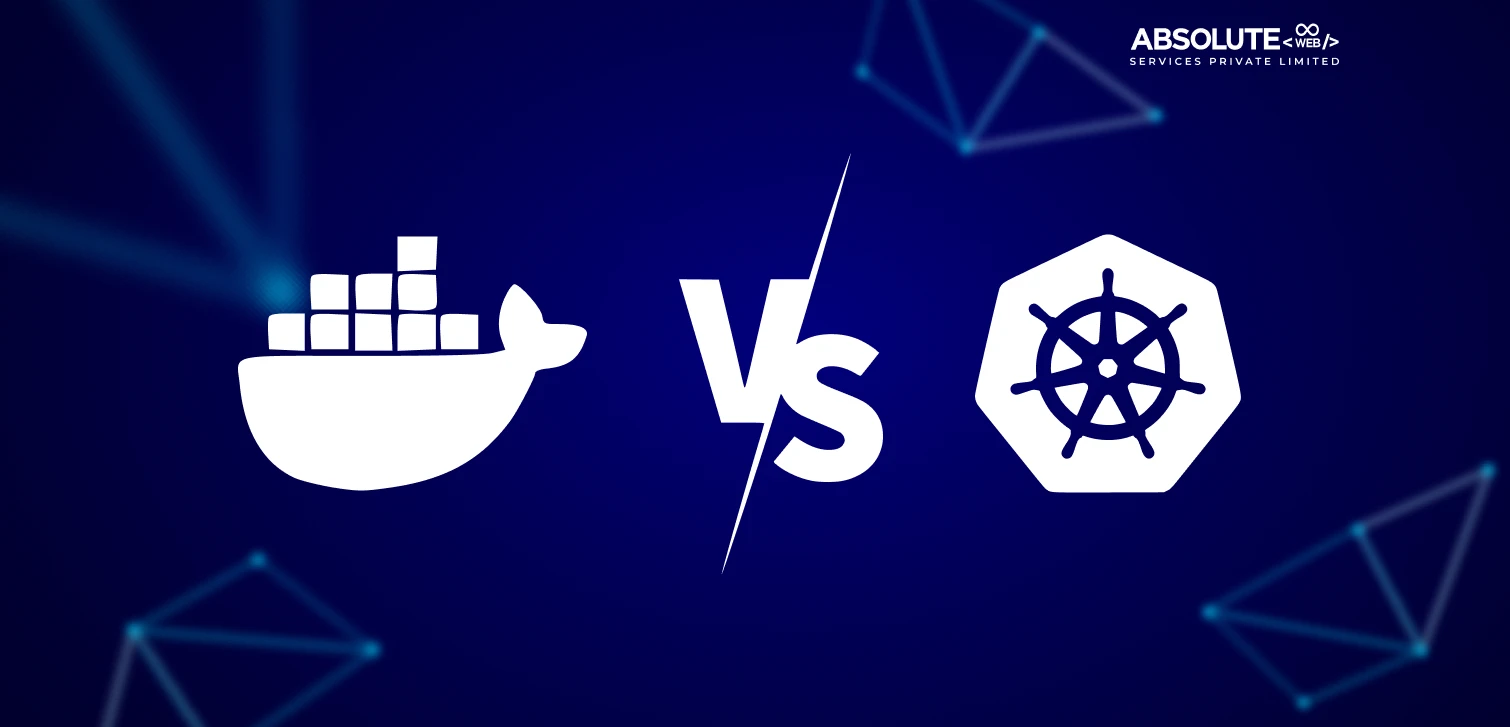In today’s fast-paced software development environment, containerization and orchestration play pivotal roles in optimizing workflows. Two of the most widely used tools in this domain are Docker and Kubernetes. While both serve essential functions, Docker vs Kubernetes caters to different aspects of container management. Let’s explore their differences, advantages, and ideal use cases to help you decide which tool suits your needs.
Understanding Docker
Docker is a platform that allows developers to automate the deployment of applications inside lightweight, portable containers. These containers encapsulate everything an application needs to run, including code, libraries, and dependencies. This ensures that applications run consistently across various environments.
Key Features of Docker:
- Simplicity: Docker is easy to set up and use, making it an ideal choice for individual developers and small teams.
- Portability: Applications packaged in Docker containers can run on any machine that has Docker installed, facilitating seamless movement across different environments.
- Efficiency: Docker containers share the same OS kernel, making them lightweight and faster to start compared to traditional virtual machines.
Understanding Kubernetes
Kubernetes, on the other hand, is an orchestration platform designed to manage and scale containerized applications across a cluster of machines. While Docker handles the creation and deployment of containers, Kubernetes excels at managing them at scale.
Key Features of Kubernetes:
- Scalability: Kubernetes can automatically scale applications up or down based on demand, ensuring optimal resource utilization.
- Load Balancing: It distributes network traffic to ensure no single container is overwhelmed, maintaining application performance.
- Self-Healing: Kubernetes can automatically replace failed containers and reschedule them on healthy nodes, enhancing reliability.
Docker vs Kubernetes: When to Use Each
Choosing between Docker and Kubernetes often depends on your project requirements:
- Use Docker if you are looking for a straightforward way to create and deploy applications quickly. It’s perfect for small projects or individual development.
- Use Kubernetes when your applications need to scale, especially in production environments. If you anticipate high traffic and require robust management of multiple containers, Kubernetes is the way to go.
Conclusion
In summary, Docker and Kubernetes are complementary tools that serve distinct purposes in the containerization landscape. Docker simplifies the process of creating and managing containers, while Kubernetes offers powerful orchestration capabilities for scaling and managing those containers effectively.
At Absolute Web, we provide expert services in both Docker and Kubernetes, ensuring that your development processes are streamlined and efficient. Whether you need assistance in setting up your Docker environment or orchestrating your containers with Kubernetes, our team is here to help you navigate these technologies and maximize your application’s potential.
If you’re ready to elevate your development workflow, contact Absolute Web today to learn how our services can transform your projects!



